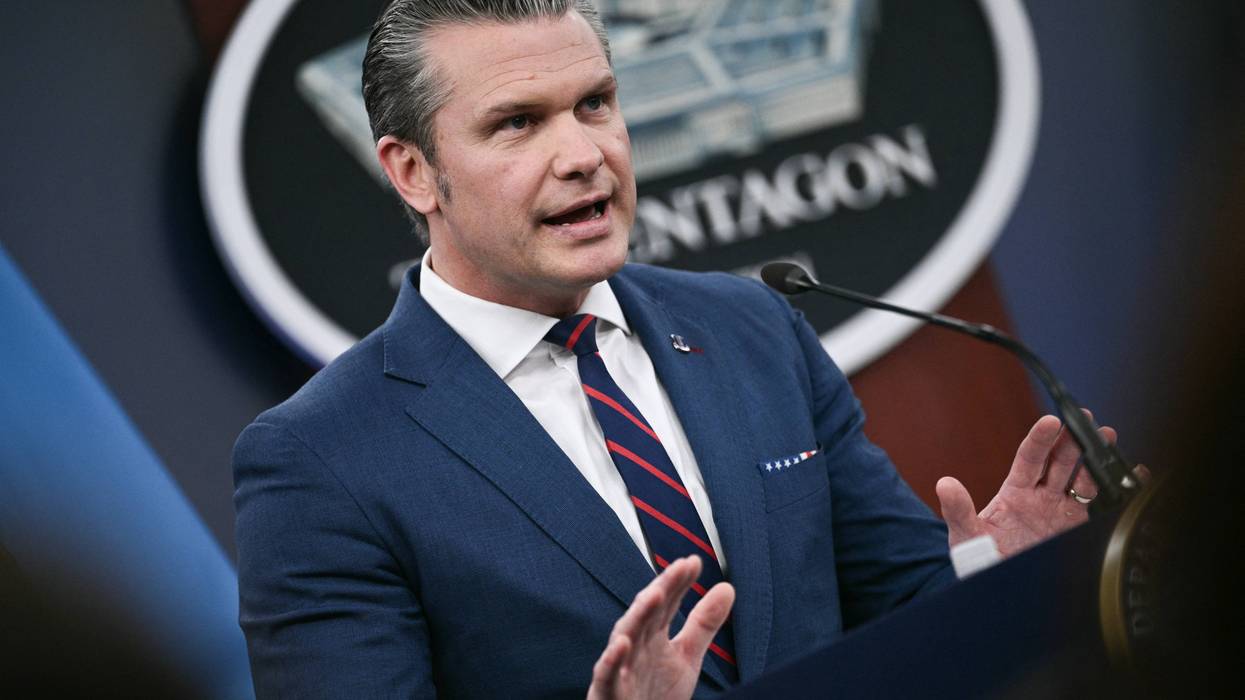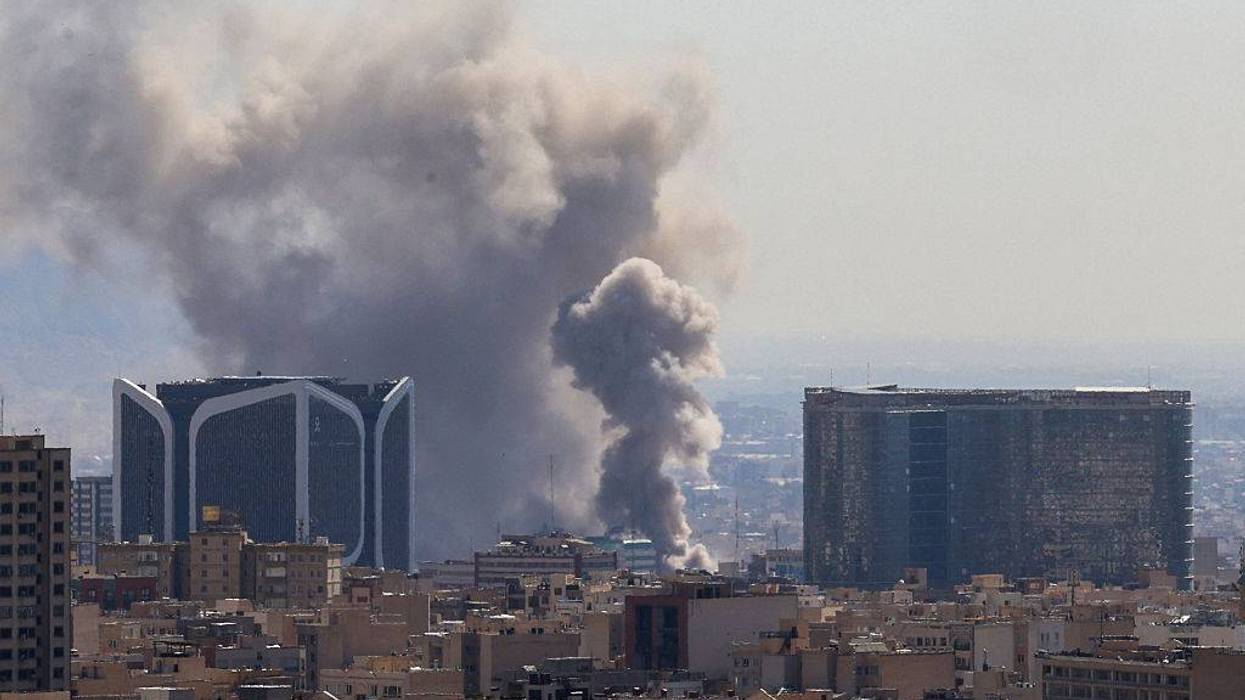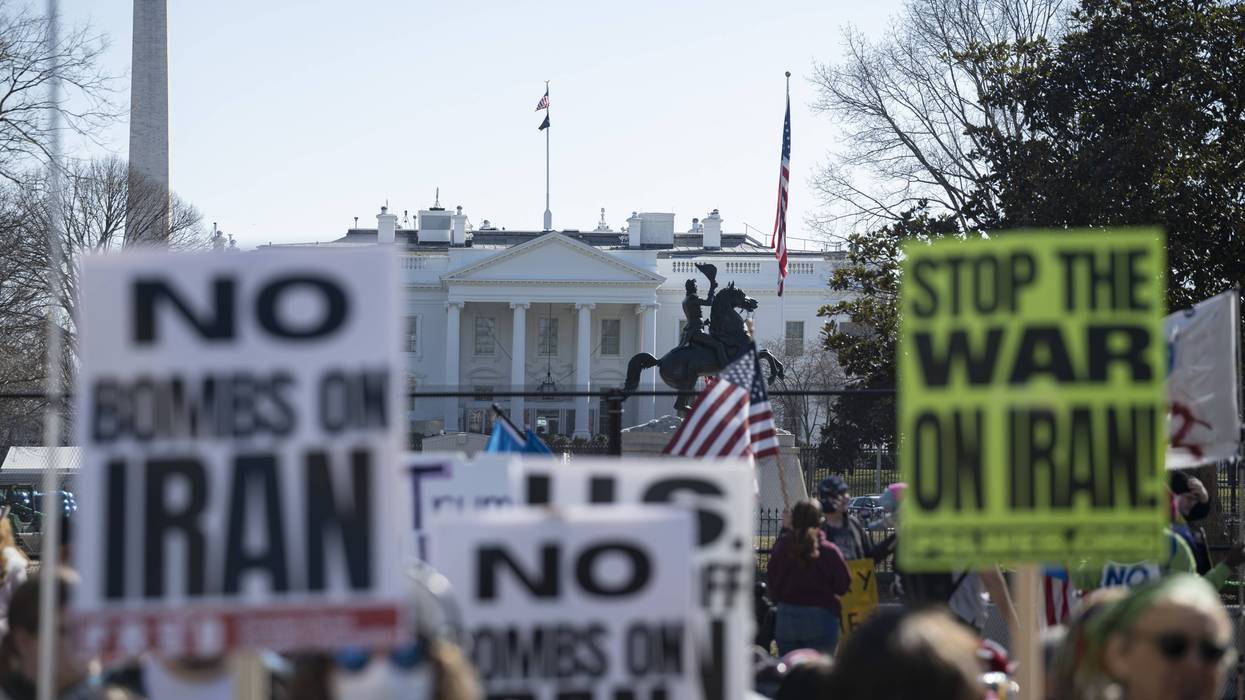May, 11 2011, 04:39pm EDT

UN: Syria Ends Rights Body Bid, but Not Repression
Security Council Should Press to End Crackdown, Impose Sanctions
NEW YORK
Syria's withdrawal of its candidacy for a seat on the United Nations Human Rights Council on May 11, 2011, should be followed by an end to its violent crackdown on peaceful protests, Human Rights Watch said today. Human rights groups from across the region and the world had called on General Assembly members to reject Syria's candidacy for the rights body.
"This election had become a referendum on Syria's violent suppression of protests, and Syria withdrew rather than face a resounding defeat," said Peggy Hicks, global advocacy director at Human Rights Watch. "Syria needs to do more than keep its head low to avoid further condemnation, though; it needs to change course and stop the violence."
Human Rights Watch has reported the use of live ammunition and other abuses by Syria's security forces against peaceful protesters since demonstrations began on March 16, with some 700 dead, according to Syrian human rights groups. The violence has escalated in recent weeks, with more than 100 protesters killed on April 22 and 23 alone, and at least several thousand detained. The Syrian army has held the southern town of Daraa under siege since April 25, cutting electricity, phone lines, and internet services, and preventing free movement into and out of the city.
With Syria out of the race, Kuwait has announced its bid for a seat on the council. Kuwait joins India, Indonesia, and the Philippines as candidates from the Asian group. That leaves Asia again with a slate of four candidates for the four seats open for the region in this year's election, meaning there will effectively be no choice. The UN General Assembly will hold the elections for the Human Rights Council on May 20. Last year, all regional groups put forward what are called "clean" slates, with the same number of candidates as the available seats. Under the General Assembly resolution that established the Human Rights Council in 2006, council members are expected to "uphold the highest standards" of human rights.
"The pre-cooked nature of elections to the Human Rights Council is a major problem, as Syria's candidacy shows," Hicks said. "States collude to avoid any competition in Human Rights Council elections, which benefits human rights abusers like Syria."
The Human Rights Council "unequivocally condemned" Syria's use of lethal violence against peaceful protesters on April 29. The council also asked the UN Office of the High Commissioner for Human Rights to investigate ongoing human rights violations by Syria, and urged Syria to cooperate fully with that investigation.
The UN Security Council was briefed on the situation in Syria on April 27, but it took no action. It did not even issue a statement, due in particular to opposition from Russia and China.
"Syria may have avoided facing the music in the UN General Assembly by withdrawing its candidacy, but it shouldn't be so lucky in the Security Council," Hicks said. "The Security Council should take action on Syria, including imposing travel bans and financial sanctions on those responsible for the violence."
Human Rights Watch also called for Kuwait to take steps to address human rights concerns in that country in the context of its candidacy for a Human Rights Council seat. Kuwait has only recently begun to make limited reforms to improve the situation of over 100,000 Bidun, or stateless people, in the country. It has yet to deliver upon promises made in September 2010 to reform the immigration sponsorship system, which leaves over 2 million migrant workers vulnerable to employer abuse, and it has no law to protect the labor rights of the country's more than 660,000 domestic workers.
Human Rights Watch is one of the world's leading independent organizations dedicated to defending and protecting human rights. By focusing international attention where human rights are violated, we give voice to the oppressed and hold oppressors accountable for their crimes. Our rigorous, objective investigations and strategic, targeted advocacy build intense pressure for action and raise the cost of human rights abuse. For 30 years, Human Rights Watch has worked tenaciously to lay the legal and moral groundwork for deep-rooted change and has fought to bring greater justice and security to people around the world.
LATEST NEWS
'Shameless': Critics Hammer Pete Hegseth for Claiming 'We Didn't Start' War on Iran
The defense secretary suggested that "the US went to war because Iran has ballistic missiles and drones it has used as a deterrent or to respond to US/Israeli attacks," said journalist Jeremy Scahill.
Mar 02, 2026
In the Trump administration's first public remarks to reporters on the strikes the US and Israel launched in Iran over the weekend, Defense Secretary Pete Hegseth blamed the Middle Eastern country for the attacks that have killed at least 555 people there as well as at least four US soldiers—and suggested Iran posed an imminent threat because of its defensive military capabilities.
Hegseth said the strikes that began early Saturday morning and included deadly attacks on children attending school were "retribution" for Iran's "savage, one-sided war against America" that has played out for "47 long years" as the country has waged proxy attacks on the US.
"We didn't start this war, but under President Trump we're finishing it," said Hegseth.
Despite the fact that hours before President Donald Trump announced the US and Israeli attacks, the Omani Foreign Minister Badr Albusaidi reported that diplomatic talks he was mediating were making significant progress toward a peace deal, Hegseth asserted that Iran had a "conventional gun to our head" and suggested the US had no choice but to wage war.
Pentagon officials said in a congressional briefing Sunday that Iran had not been planning to strike any US military targets in the region unless it was attacked first, according to CNN.
The defense secretary also claimed Monday that Iran was "not negotiating" and said it was "stalling" in the talks with the aim of rebuilding missile stockpiles."
"To be clear," said journalist Jeremy Scahill of Drop Site News, "he is claiming the US went to war because Iran has ballistic missiles and drones it has used as a deterrent or to respond to US/Israeli attacks."
Drop Site noted that Hegseth made no mention of "the 1953 US-backed coup in Iran," US support for autocratic rule there from 1953-79, "or that the US and Israel launched the February 28 strikes."
On the UK talk radio show "Leading Britain's Conversation," British journalist Jon Sopel said Hegseth was making "the exact argument that [former President] George W. Bush made in 2003 with the weapons of mass destruction and 'They could be launched in 45 minutes.'"
Promises to end the US government's penchant for embarking on endless regime change wars, added Sopel, were part of "what propelled Donald Trump to the presidency, and yet Donald Trump and [Israeli Prime Minister Benjamin] Netanyahu have launched these strikes against Iran."
‘“America didn’t start this.” Well, yes, you did.’
@jonsopel unpacks the US narrative shift on the war in Iran, a familiar playbook from Iraq in 2003. pic.twitter.com/uGhn5zP4G9
— LBC (@LBC) March 2, 2026
The defense secretary attempted to contrast the operation in Iran—dubbed Operation Epic Fury by the US military—to protracted wars like those the US has waged in Iraq and Afghanistan.
The conflict will not be an "endless war," Hegseth said.
He claimed at one point in the briefing that the clear-cut objective of the attacks is to "destroy the missile threats, destroy the navy, no nukes" and scoffed at a reporter's question about Trump's Sunday statement in which he said he expected the conflict to be resolved in "four weeks or less."
"President Trump has all the latitude in the world to talk about how long it may or not take. Four weeks, two weeks, six weeks. It could move up, it could move back," said Hegseth.
Hegseth spoke alongside Joint Chiefs of Staff Chairman Gen. Dan Caine, who appeared to temper expectations of a quick resolution to the war started by the US and Israel.
"To be clear... this is not a single overnight operation," Caine said. "The military objectives [US Central Command] and the Joint Force have been tasked with will take some time to achieve, and in some cases will be difficult and gritty work."
Caine added that the military objective is "to protect and defend ourselves, and together with our regional partners, prevent Iran from the ability to project power outside of its borders."
Law professor Jennifer Taub denounced Hegseth's remarks as "utter nonsense" and condemned his claim that the US and Israel are hitting military targets "surgically."
"Shameless," she said. "We or Israel bombed a girl's school on Saturday when school was in session, killing 175."
Along with Hegseth's claim that Iran was to blame for the strikes launched by the US and Israel, his comment that the US will expedite the operation by not getting bogged down in "stupid rules of engagement" alarmed observers.
Hegseth: No stupid rules of engagement, no nation building quagmire, no democracy building exercise, no politically correct wars. We fight to win and we don't waste time or lives. As the president warned, an effort of this scope will include casualties. War is hell and always… pic.twitter.com/7Zpg2UkcrO
— Acyn (@Acyn) March 2, 2026
"'No stupid rules of engagement' means no Geneva Conventions or other international humanitarian laws, which the US signed and supported for more than a century," said journalist Mark Jacob. "Hegseth and Trump are pro-war crimes."
Keep ReadingShow Less
Trump's Unprovoked War on Iran Triggers 10% Spike in Global Oil Prices
"When global energy security can be upended by a single flashpoint, it shows how unstable and risky our dependence on oil and gas is," said one critic.
Mar 02, 2026
President Donald Trump's unprovoked, unconstitutional, and politically unpopular war against Iran is about to cause pains for Americans at the gas pump.
CNBC reported on Monday that Brent crude oil prices surged by 9.3% to a 52-week high of $79.40 per barrel, while US West Texas Intermediate crude oil prices spike by 9% to $73.10 per barrel.
This spike in oil prices is projected to directly lead to an increase in gas prices in the coming days.
Petroleum industry analyst Patrick De Haan noted in a Monday update on his Substack page that gas prices in the US had already risen by roughly six cents in the last week, and that war with Iran would drive these prices higher.
"Developments surrounding Iran—particularly any threat to regional production or shipping flows—are likely to remain the dominant driver of oil prices," wrote De Haan, "and could keep crude elevated or push it higher if tensions intensify further."
A Sunday research note from Wells Fargo cited by CNBC drew attention to the importance of the Strait of Hormuz, which the Iranian government closed off over the week and which is used to transport roughly 20% of the global supplies of petroleum and liquified natural gas.
According to Wells Fargo, a "prolonged" closure of the strait would result in "an oil shock to $100+ per barrel," which it described as the "worst-case scenario" for global stock markets.
In addition to closing off the Strait of Hormuz, Iran has also been launching attacks on other nations' energy infrastructure.
According to a report from Bloomberg, Saudi Arabia’s largest oil refinery at Ras Tanura had to cease operations on Monday after being struck in a drone attack.
"An attack on major energy infrastructure is a nightmare scenario for global markets," noted Bloomberg, "with maritime traffic through the crucial Strait of Hormuz all but halting."
Olivia Langhoff, managing director at climate justice organization 350.org said that the global economic disruptions being caused by the Iran war shows the folly of continuing to rely on fossil fuels for energy needs.
"When global energy security can be upended by a single flashpoint, it shows how unstable and risky our dependence on oil and gas is," Langhoff said. "Renewable energy provides homegrown power that remains secure and affordable regardless of geopolitical shocks."
Langhoff's comments were echoed by Mads Christensen, executive director of Greenpeace International.
"As long as our world runs on oil and gas, our peace, security and our pockets will always be at the mercy of geopolitics," Christensen explained. "Increasing output may temporarily ease price pressures, but it does not address the structural vulnerability at the heart of this recurring crisis: the world’s continued dependence on fossil fuels."
The increase in gas prices comes at a time when US voters have been expressing widespread dissatisfaction with the economy under Trump, as polls show voters have been particularly anxious about the prices of groceries and utilities, among other essentials.
Keep ReadingShow Less
Only 25% of Americans Support Trump Attack on Iran: Poll
"If this goes on... this is going to become a political disaster," said one foreign policy expert.
Mar 02, 2026
President Donald Trump's war in Iran is extraordinarily unpopular, according to a poll conducted shortly after the US and Israel carried out massive strikes on the country Saturday.
The survey, conducted by Reuters/Ipsos, found that just 27% of voters approved of the strikes, which have killed at least 555 Iranians as of Monday morning and resulted in retaliation from Iran that has killed at least four US service members, with more casualties expected according to a spokesperson for the US Joint Chiefs of Staff.
Meanwhile, 43% of respondents disapproved of the military action, while 29% said they were not sure.
A majority of Republicans said they approved of the strikes, with 55% expressing support. Still, 13% disapproved, and a noteworthy 31% said they were unsure.
Approval is dismal with nearly everyone else. Only 19% of independents expressed support compared to 44% who disapproved. And though Democratic leaders in Congress have done little to stand in the way of the strikes, their voters are overwhelmingly against them: 74% said they disapproved, while just 7% approved.
The poll reflects a wider skepticism of US military intervention, with 56% of respondents saying the president was too quick to deploy military force in recent months, including in Venezuela, Syria, and Nigeria.
Compared with previous US military interventions in the Middle East, such as the invasions of Iraq and Afghanistan, which—at least at their outset—enjoyed broad support from the American public following intense government efforts to drum up support, there has been little effort by the Trump administration to define the purpose of war with Iran.
Trump's justification for launching the war has shifted wildly since he began amassing troops in the region. Trump has most recently said the strikes were intended to stop an "imminent threat" from Iran; meanwhile, the Pentagon has told Congress there was no sign Iran was planning an attack unless the US did so first.
The president previously said his push for war was to prevent Iran from developing a nuclear weapon, an assertion at odds with his claim that his strikes in June "obliterated" the country's nuclear capabilities.
Trita Parsi, executive vice president of the Quincy Institute for Responsible Statecraft, told Al Jazeera that Trump's shifting explanations reek of "desperation."
"It's very clear that Trump has a tremendous difficulty finding a justification for this war of choice that he's embarked on," he said. "The reality is that if this goes on for another week or two, this is going to become a political disaster."
"So now he's suddenly, desperately, using all kinds of justifications: Liberating the Iranian people, Iran is fighting against civilization," Parsi said. "If he actually had a case, he would have stuck to that point and made it clearly. But he doesn't have one."
Keep ReadingShow Less
Most Popular


